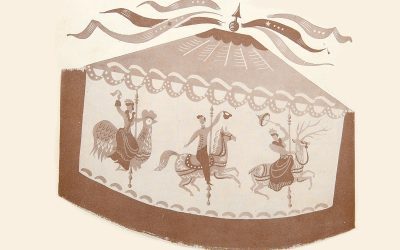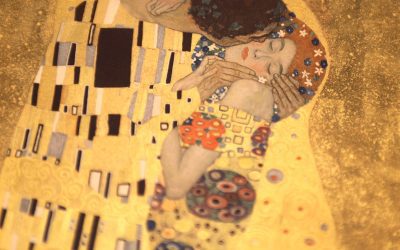Presented by Ian Smith of Peter Harrington Rare Books.
Two works bound in one volume, octavo (188 x 114 mm). Contemporary marbled paper boards, mottled calf spine, red morocco label.
First edition (“Leyde” issue) of the book that gave the Physiocrats their name, one of the most important and original works on political economy to be published before The Wealth of Nations, bound together with its important companion piece, one of the scarcest of Dupont’s works, and probably one of the most successful publications promoting physiocracy. The work is partly based on Le Mercier de la Rivière’s L’Ordre naturel et essentiel des Sociétés politiques, which Adam Smith referred to as “the most distinct and best connected account of this doctrine”. Schumpeter, in his discussion on the physiocrats, calls Dupont “by far the ablest of the lot” (p. 226) and Palgrave notes; “If Quesnay was the father of physiocracy, Dupont was its godfather, for he gave it its name by the publication of his Physiocratie… a collection of Quesnay’s articles, which the editor introduced by a Discours.”. Quesnay presented a copy of his book to Adam Smith, who described him as “ingenious and profound, a man of the greatest simplicity and modesty”, while pronouncing Quesnay’s system to be “with all its imperfections, perhaps the nearest approximation to the truth that has yet been published upon the subject of political economy”. François Quesnay (1694–1774) was the court physician to Louis XV, and his notion of a circular flow of income throughout the economy was influenced by the contemporary discovery of blood circulation through the human body. He believed that trade and industry were not sources of wealth, and instead argued that the real economic movers were agricultural surpluses flowing through the economy in the form of rent, wages and purchases. Quesnay argued that regulation impedes the flow of income throughout all social classes and therefore economic development; and that taxes on the productive classes, such as farmers, should be reduced in favour of rises for unproductive classes, such as landowners, since their luxurious way of life distorts the income flow.





